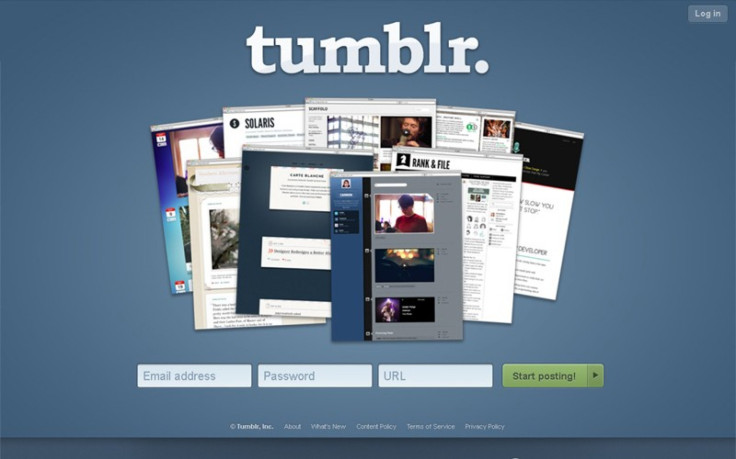Technology IPOs for 2012: Besides Facebook, What Else Is in the Pipeline?

As 2011's mediocre stock market returns become final, what should technology investors seek for U.S. initial public offerings of technology companies for 2012?
Better returns, for one thing. Save for several IPOs, such as security software provider Imperva, whose shares are up 38 percent since their Nov. 10 IPO, tech IPOs have been a disappointment. Zynga's shares are still trading below their $10 IPO price and Groupon's are now trading above $22, or $2 above their IPO price, after falling as low as $14.85. Shareholders of LinkedIn, Pandora and other formerly hot IPOs share similar regrets.
There will be two sources of 2012 U.S. tech IPOs: the traditional, venture-capital backed company seeking to monetize investment and benefit from the equity markets and companies that were taken private and now want to go public again, mainly because their private-equity owners want to exit.
Here are a handful to watch for 2012:
Facebook, the Palo Alto, Calif.-based star of The Social Network, which already claims more members than the combined populations of the U.S., Indonesia, Brazil and South Korea. Besides founder Mark Zuckerberg and early associates including the Winklevoss twins and Edward Saverin, investors also include Accel Partners, Goldman Sachs, Microsoft, Digital Sky Technologies and Greylock Partners.
After the first quarter, Facebook by law will be required to report financial results to the U.S. Securities and Exchange Commission, which could mean an IPO will be scheduled as early as the second quarter. But there's no requirement for the company to go public. Reports say it could be valued as high as $100 billion.
Josh Williams, president of Kontagent, a San Francisco-based user analytics firm that works with social-media companies to measure socail and mobile data, said Facebook should learn from the problems with Groupon and Zynga's long-delayed IPOs.
There's a great deal of new value in social media, Williams told International Business Times, but Silicon Valley doesn't know how to monetize it yet.
Yelp, the social networking review site based in San Francisco, has already filed a $100 million IPO prospectus, using underwriters Goldman Sachs and Jefferies. Yelp, which isn't profitable, would follow Angie's List into the market.
In the third quarter, Google acquired Zagat Survey, the New York-based review site, for an estimated $200 million, which all went to the founders, Tim and Nina Zagat.
SunGard, the Wayne, Pa.-based technology giant that provides technology services to the major Wall Street firms and to enterprises in education, industry and governments, with annual revenue around $5 billion.
SunGard went private in an $11.4 billion deal in 2005 financed by Bain Capital, Blackstone Group, Goldman Sachs, Kohlberg Kravis Roberts, Providence Equity Partners and TPG, so next year, the investors should be assumed to want an exit.
In May, Freescale Semiconductor, the former Motorola Semiconductor sector that was sold to a syndicate that also included Blackstone, TPG and others for $17.6 billion in 2006, completed its IPO. Freescale's market capitalization now is only $3.14 billion.
Tumblr, the New York-based easy blogging and social networking site that only recently completed another venture capital round in which it collected $85 million from Sequoia Capital, Greylock Ventures, Union Square Ventures, Spark Capital and British tycoon Richard Branson .
The latest deal valued the unprofitable four-year-old Tumblr around $100 million.
Dropbox, the Palo Alto, Calif.-based cloud-based service that permits users to store and share files through synchronization. The four-year-old company has already raised more than $257 million from Sequoia Capital, Accel Partners, Goldman Sachs, Benchmark Capital, Greylock Partners, Institutional Venture Partners and others.
Dropbox, which claims more than 25 million customers, says about 96 percent get free service. The company now uses Amazon's cloud for backup. The company could easily IPO or perhaps auction itself to a major storage giant like EMC, IBM or Hewlett-Packard to reward its investors.
© Copyright IBTimes 2024. All rights reserved.






















